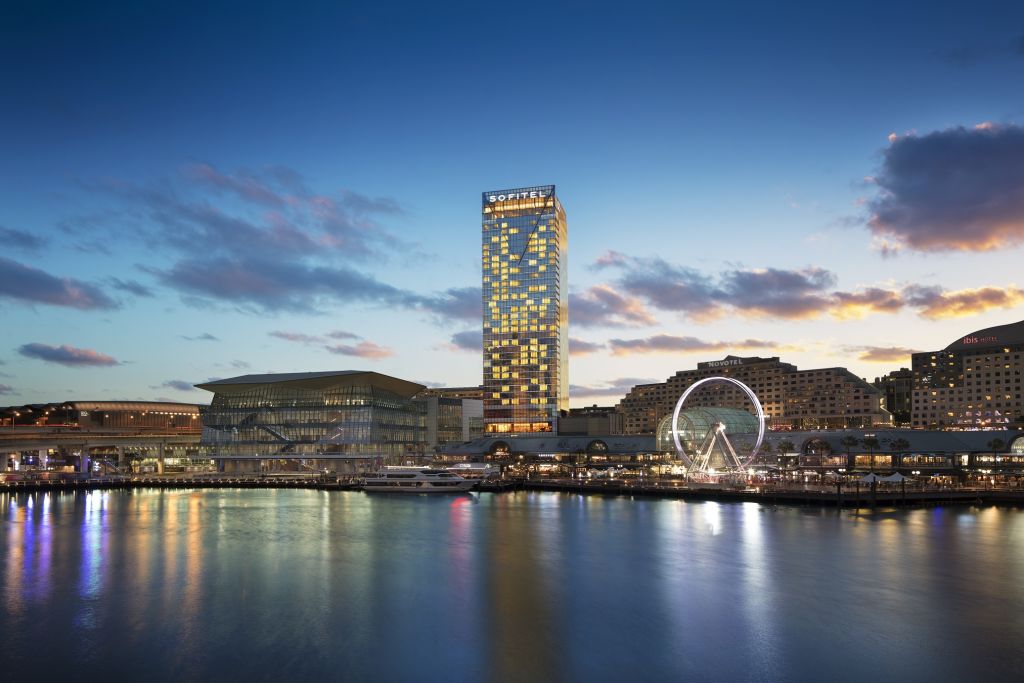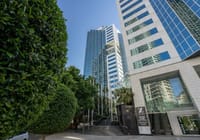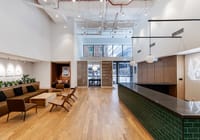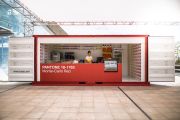
Australian hotel sales hit seven-year low as development pipeline picks up
Australian hotel sales in 2017 plummeted to the lowest number in seven years, new data reveals.
And this lack of stock, especially in the top end of the CBD markets, is a trend that is likely to continue in 2018, agents say.
Twenty-six hotel transactions worth $1.38 billion exchanged last year, compared with 48 transactions with a value of $2.94 billion in 2016 and 64 deals worth $3.72 billion in the peak year of 2015. The last time there were fewer deals was in 2010, when there were 24 sales worth $945 million, according to data compiled by CBRE for Commercial Real Estate.
CBRE research manager Ben Martin-Henry attributed the shortage to the sales activity peak period between 2014 and early 2016 across most markets, especially Sydney and Melbourne.
“A lot of assets had already changed hands and there wasn’t a lot of stock left in the market,” he said.
Another key factor was the lack of foreign buyers thanks to the Chinese government’s curbs on capital outflow.
This had a further knock-on effect, according to Mr Martin-Henry, as Chinese investors tend to pay a premium for assets they want to secure, compared with domestic investors, which inflated owner expectations.
“There was a mismatch between buyers and seller expectations, so there was a handful of deals last year that just fell through because owners tried to get a little bit more out of buyers and buyers were just saying ‘no, we’re not prepared to pay this’.”
Mr Martin-Henry said the hotel market in Australia depended strongly on the Chinese government’s monetary regulations.
“It’s hard to predict what the Chinese government is going to do in terms of their policies,” he said, adding that he did not predict much difference this year from last year unless the Chinese government changed its rules.
“It comes back to a lack of stock in Sydney and Melbourne.
“Chinese investors tend to buy the $400 million to $500 million assets. But there’s just nothing available at the moment; nobody wants to put their hotel on the market because if they do want to stay in the hotel game, when you’ve just sold a $300 million dollar asset, you can’t then replace that asset (when) there’s nothing to buy.”
This is despite a hotel building boom across the country, especially in the luxury market, where Australia lags behind other countries. Luxury hotel developments in the pipeline include the Ritz-Carlton at Sydney’s The Star casino, the Crown Sydney Hotel Resort, both to open by 2021, and the Mandarin Oriental in the Melbourne CBD, which is penned for a 2023 Australian debut.
Office blocks were earmarked for hotel conversions but when prime and secondary rents crept up, those plans fizzled.
“I think we’ll see less office conversions to hotels, which again makes it much harder to find a site to knock something down and turn into a hotel,” Mr Martin-Henry said.
Amidst a pick-up in building activity, the Meriton Group listed its serviced apartment complex Meriton Suites North Ryde, as reported by The Australian.
But the pipeline is still not enough to absorb soaring demand for hotels.
“There’s still a lot of money trying to find hotels, it’s just trying to find the right asset,” Mr Martin-Henry said.
A commercial buyers agent, who focuses on investments between $10 million and $100 million, agreed, noting that his clients, including overseas fund managers, family offices, listed companies, hotel groups and private investors, were specifically seeking hotel assets, despite tightening yields.
“Yields are becoming lower and lower and unless there is some development potential where a prospective buyer is willing to pay over and above its current use value, we are finding that the opportunities to purchase are very slim,” said the agent, who did not want to be named.
He added that private landowners simply wanted to secure a hotel for “bragging rights” because of its trophy asset status within commercial real estate, as well as it being a safe haven for their funds.











